
Are you thinking about becoming an aircraft mechanic? If so, it’s important to recognize the significant responsibilities that come with the role. As a certified aircraft mechanic, you will be tasked with maintaining and repairing airplanes to ensure the safety of passengers and crew. Before you embark on this career path, it’s crucial to understand what it entails. In this blog, we’ll discuss 10 essential things you need to know before becoming an aircraft mechanic. Continue reading to get an inside look at this rewarding career. You can also explore tips for securing quality employment as an aircraft mechanic.
1.Aircraft Mechanics Are Responsible for the Maintenance and Repair of Aircrafts
Becoming an aircraft mechanic demands extensive knowledge of aviation and aviation safety. This role involves maintaining and repairing various aircraft systems and components, including the fuselage, wings, engine, hydraulics, and fuel system.
To become a certified aircraft mechanic, you must complete rigorous training and education. This includes mastering aviation terminology, maintenance practices, safety measures, basic electrical functions and principles, aerospace materials and hardware, and all engine systems and propellers.
Additionally, working as an aircraft mechanic requires exceptional attention to detail to meet both customer expectations and the safety regulations set by the Federal Aviation Administration (FAA).
For those passionate about aviation, being an aircraft mechanic is a rewarding career. With dedication and hard work, you can contribute to the advancements in the aeronautical field!
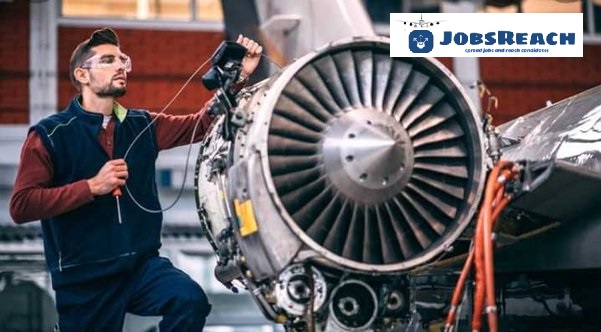
2.They must possess a thorough understanding of aviation systems
Aircraft mechanics require a deep understanding of aviation systems, specifically hydraulics, pneumatics, and electrical systems. This knowledge is crucial for passenger safety, as mechanics must accurately interpret service manuals to diagnose mechanical issues and perform repairs correctly.
They must have an intimate understanding of aviation systems, focusing on components such as powered lift systems, propellers, and navigation and communication equipment. A typical day might involve troubleshooting component malfunctions with aviation test equipment like multimeters, replacing engine parts, running aviation computer diagnostics, and responding to emergency calls as needed.
Therefore, exceptional technical knowledge of aviation systems is essential for the job and must be acquired before becoming an aircraft mechanic.
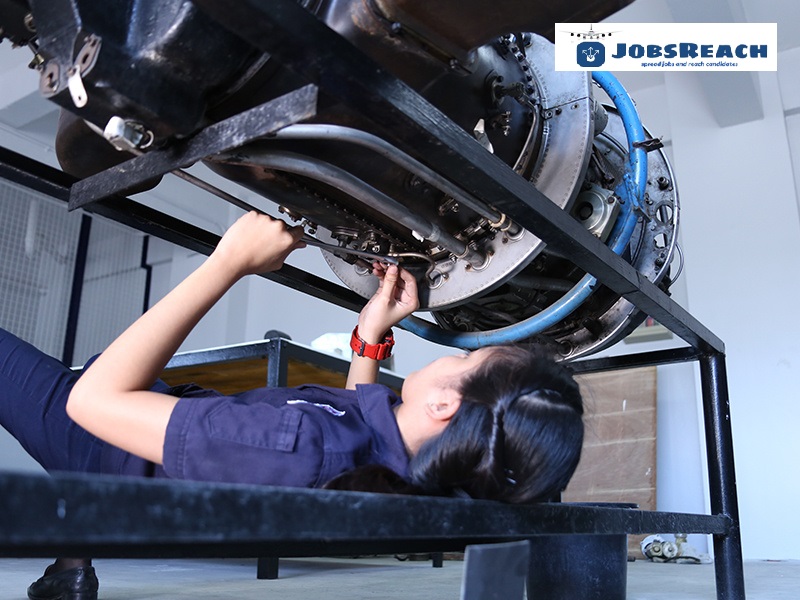
3.Aircraft mechanics must be proficient in reading blueprints and schematics
As an aircraft mechanic, interpreting blueprints and schematics is crucial for effectively diagnosing and repairing malfunctions. Schematics are detailed diagrams that outline the design of an aircraft’s systems and components, while blueprints offer additional visual guidance related to each part of the system.
To accurately address any mechanical issue, it’s essential to understand these blueprints and schematics to pinpoint the exact source of the malfunction. Therefore, aircraft mechanics must have a comprehensive understanding of how each component works and interacts with others to ensure that repairs are both precise and safe.
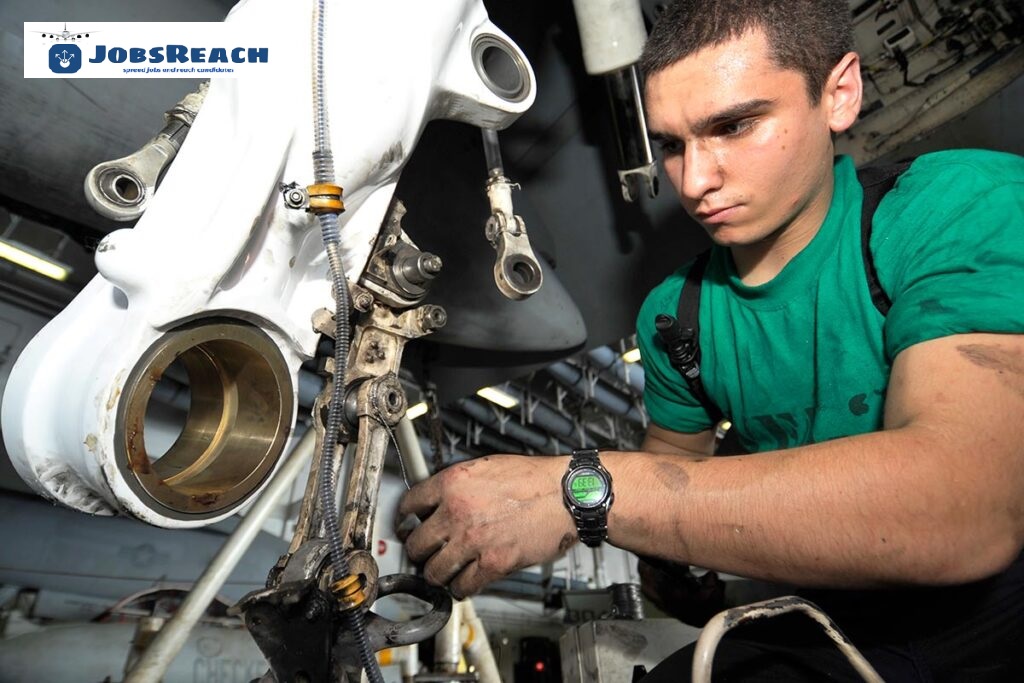
4.They must be capable of using hand tools and power tools safely
Being an aircraft mechanic involves using a variety of hand and power tools for disassembling, assembling, inspecting, and repairing aircraft systems. Proper tool use is crucial for making precise adjustments and repairs safely. Familiarity with a broad range of tools is necessary for effective diagnosis and repair.
Mechanics must also understand the correct use of each tool to avoid damaging the aircraft or its systems during repairs. This includes keeping tools in good condition and storing them safely.
Additionally, understanding safety measures when working with hand and power tools is important. This includes wearing protective eyewear and gloves, and being aware of potential hazards in the work environment.
By adhering to these practices, aircraft mechanics can ensure that all repairs are performed accurately and safely.
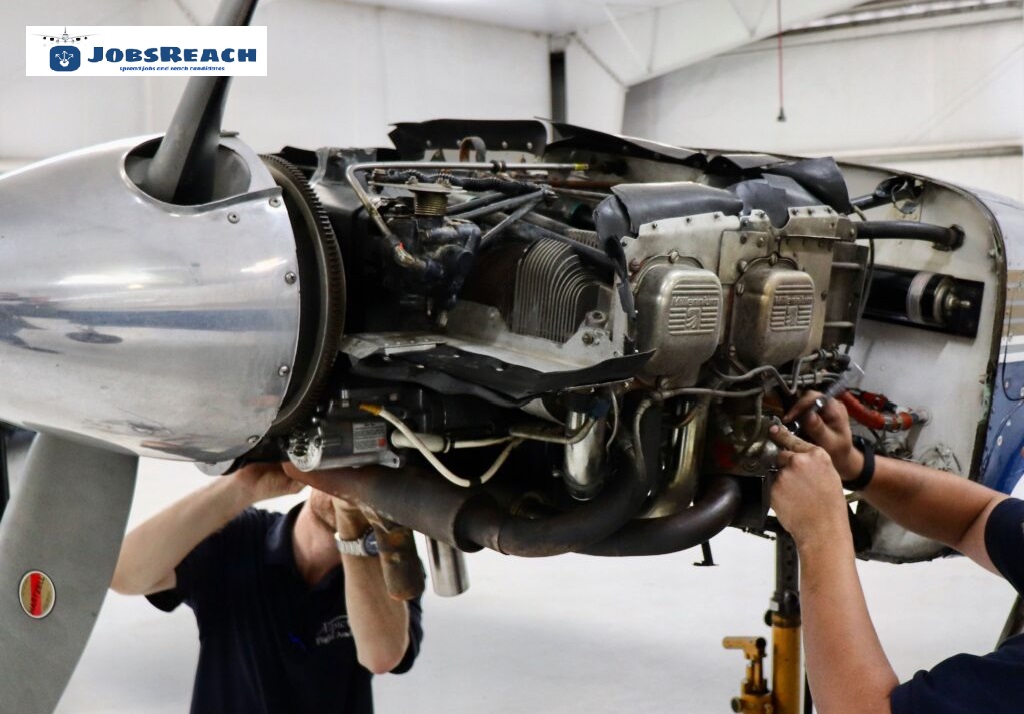
5.They may need to work overtime or on weekends, as aircraft often require maintenance outside of regular business hours.
Those considering a career as an aircraft mechanic should be prepared for extended hours to meet the maintenance needs of aircraft. The aviation industry operates around the clock, requiring mechanics to often work outside of regular business hours, including evenings and weekends.
This role may also involve travel if maintenance is needed away from home, and flexibility in scheduling is essential to accommodate the demands of airlines.
Therefore, before pursuing this profession, it’s important to be comfortable with the possibility of working beyond standard working hours.
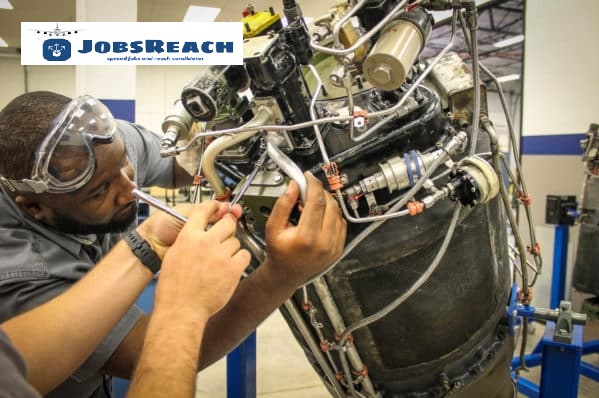
6.Aircraft mechanics must have a high school diploma or equivalent. Additionally, they may need an associate’s degree or certification from an accredited aviation school.
To become an aircraft mechanic, a high school diploma or equivalent is required. Additional qualifications, such as an associate’s degree from an accredited aviation school or certification from the Federal Aviation Administration (FAA) or the National Center for Aircraft Technician Training (NCATT), are also advantageous.
These qualifications demonstrate a commitment to the field and can enhance employment prospects as an aircraft mechanic. Additionally, a valid driver’s license may be necessary in certain situations.
Therefore, having the appropriate qualifications, certifications, and licenses is essential for those pursuing a career as an aircraft mechanic.
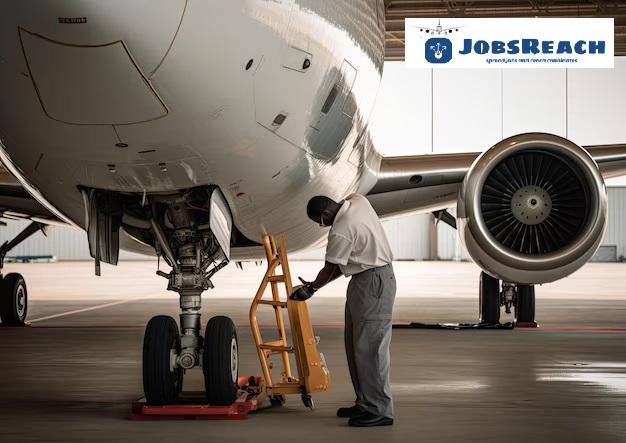
7.They must pass a Federal Aviation Administration (FAA) physical exam every two years.
To work in the aviation industry, aircraft mechanics must pass a physical examination conducted by the Federal Aviation Administration (FAA) every two years. This exam includes tests for hearing, vision, respiratory function, cardiovascular health, and neurological status. The purpose is to ensure that all personnel working on aircraft are physically capable of performing their duties.
Additionally, since the role may involve handling hazardous materials and working in challenging conditions, maintaining a valid physical examination is crucial.
Therefore, individuals considering this profession should ensure they are in good physical condition to pass all FAA requirements.
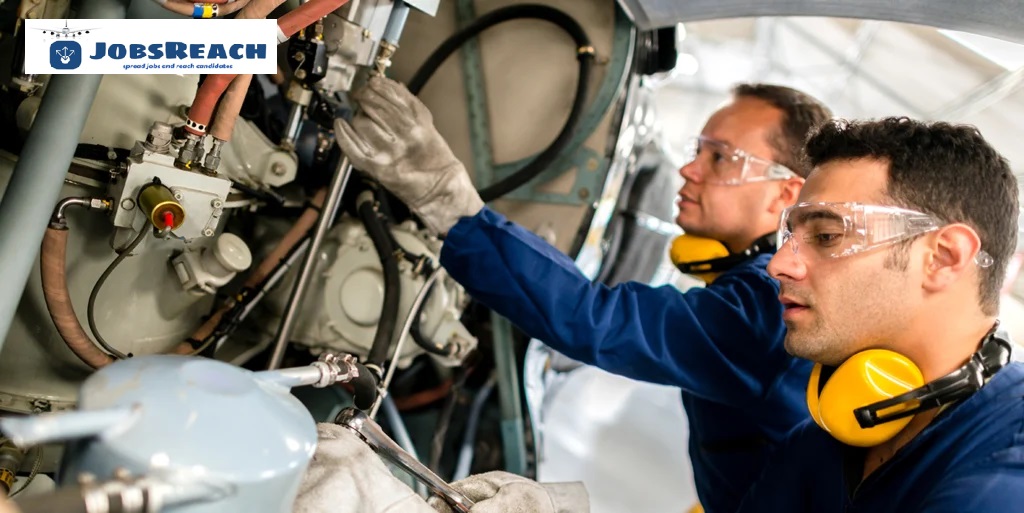
8.Aircraft mechanics typically earn between $34,000 and $67,000 annually
Aircraft mechanics typically earn between $34,000 and $67,000 per year. The salary range varies based on experience, qualifications, and the region of employment.
Additionally, benefits such as health insurance, pension plans, and paid vacation days may be offered, depending on the employer.
Therefore, individuals considering a career in aviation should be aware of the potential earnings and ensure their qualifications and experience are of a high standard to maximize their earning potential.
For insights into the broader employment landscape, explore the 2024 Job Market in the Netherlands, including key trends, opportunities, and salary ranges.
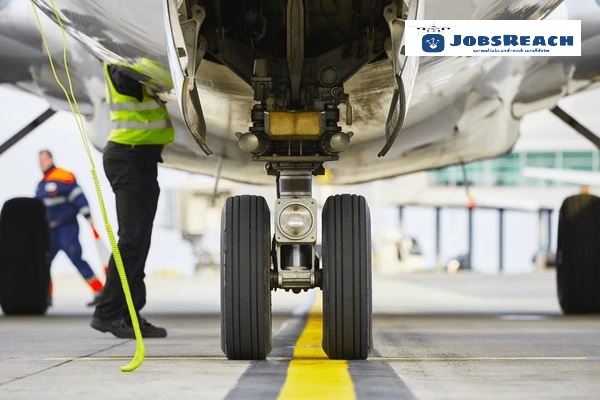
9.They can find employment with airlines, aircraft manufacturers, or government agencies
The aviation industry is highly competitive, and job opportunities are not guaranteed. However, aircraft mechanics can find employment with airlines, aircraft manufacturers, or government agencies.
Each of these employers may have different qualifications and experience requirements, so it is important to research the specific criteria before applying for positions. Additionally, many employers prefer candidates with up-to-date FAA certification.
Therefore, those considering a career as an aircraft mechanic should ensure they have the appropriate qualifications and certifications to enhance their chances of securing employment.
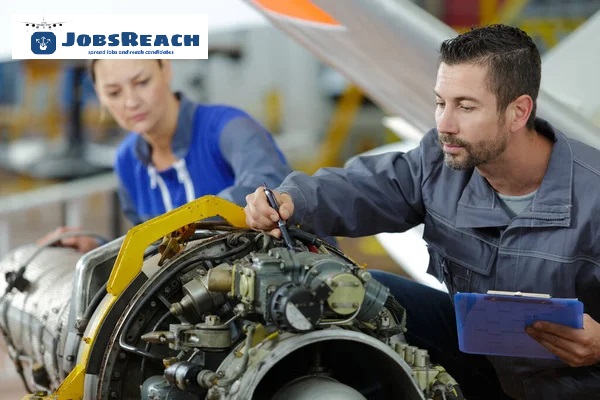
10.Aircraft mechanics must pursue continuing education and training to stay current with the latest advancements in aviation technology
The aviation industry is continuously evolving, so aircraft mechanics must keep up with the latest technology to remain employed.
Fortunately, there are numerous continuing education opportunities available to help them stay ahead. Many employers also offer additional training, such as seminars, workshops, and online courses.
Therefore, aircraft mechanics should take advantage of these development opportunities to stay informed about industry advancements. This will help them stay competitive and enhance their chances when applying for positions in the aviation industry.
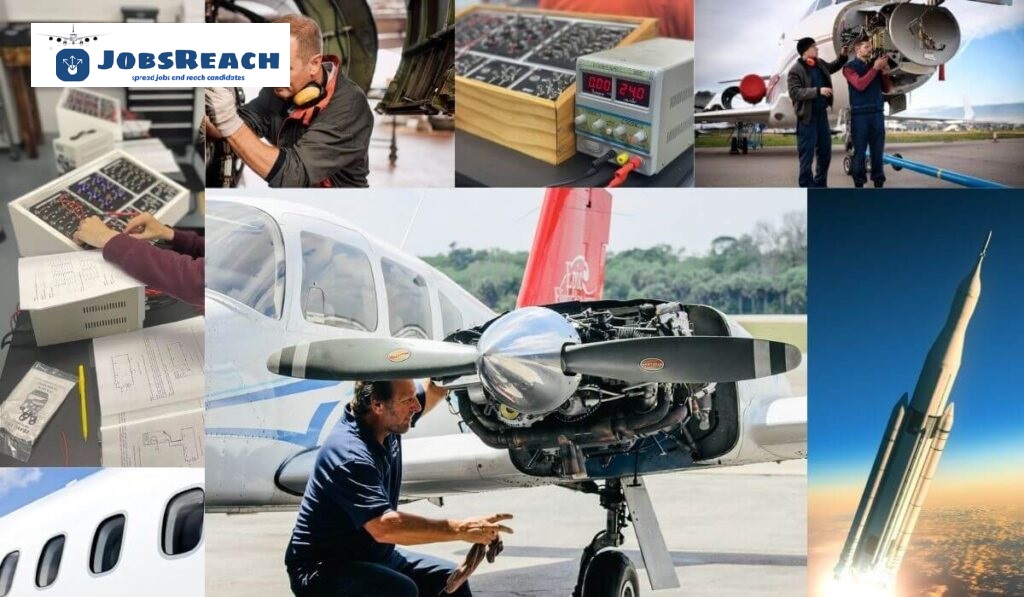
Conclusion
Aircraft mechanics are crucial to the aviation industry, as they ensure that all aircraft are in safe working condition. Those interested in this profession should obtain the necessary qualifications, certifications, and licenses to enhance their chances of securing employment.
Moreover, staying current with the latest technology and industry advancements is essential to remain competitive and successful. With the right qualifications and ongoing training, aircraft mechanics can enjoy a rewarding career in the aviation industry.
Here JobsReach reaches candidates across the globe with relevant opportunities, attracting ideal applicants for the job vacancies posted by employers on our platform, and makes hiring possible without boundaries. JobsReach has no limits, connecting with potential applicants from anywhere in the world directly, without intermediaries.
JobsReach Aviation is an effective approach for aircraft mechanics to find employers who appreciate their skills and expertise. Here’s how to effectively hire an aircraft mechanic.
Leave a Reply